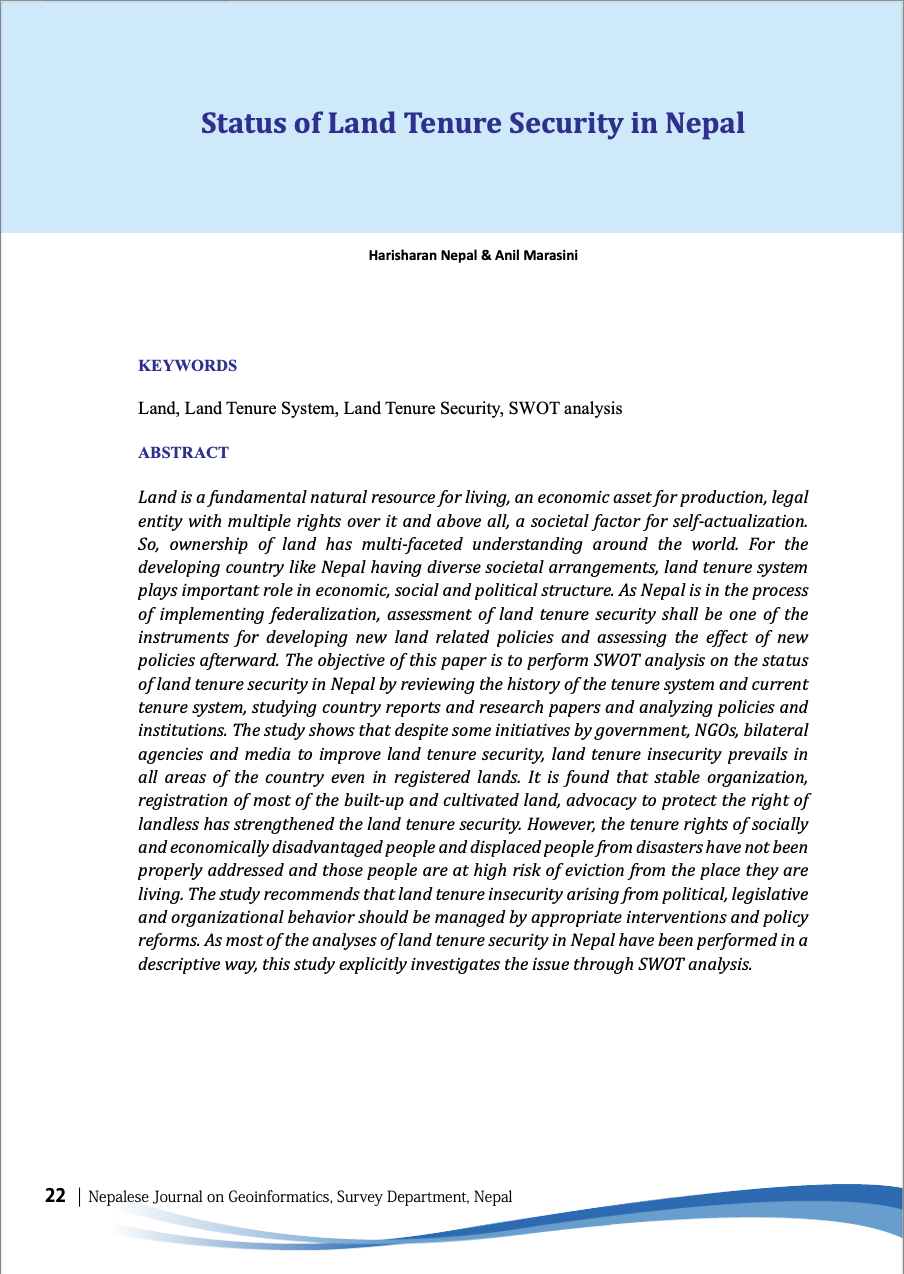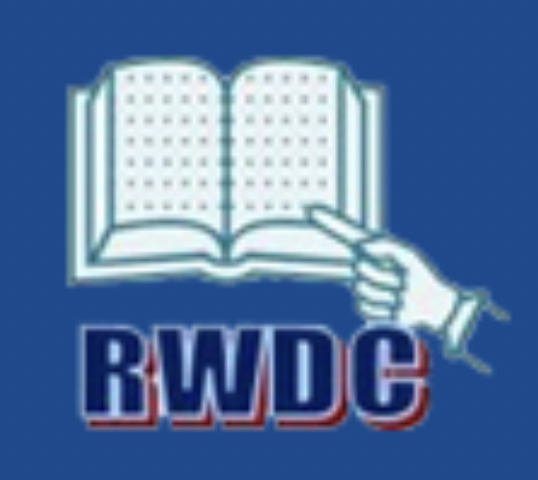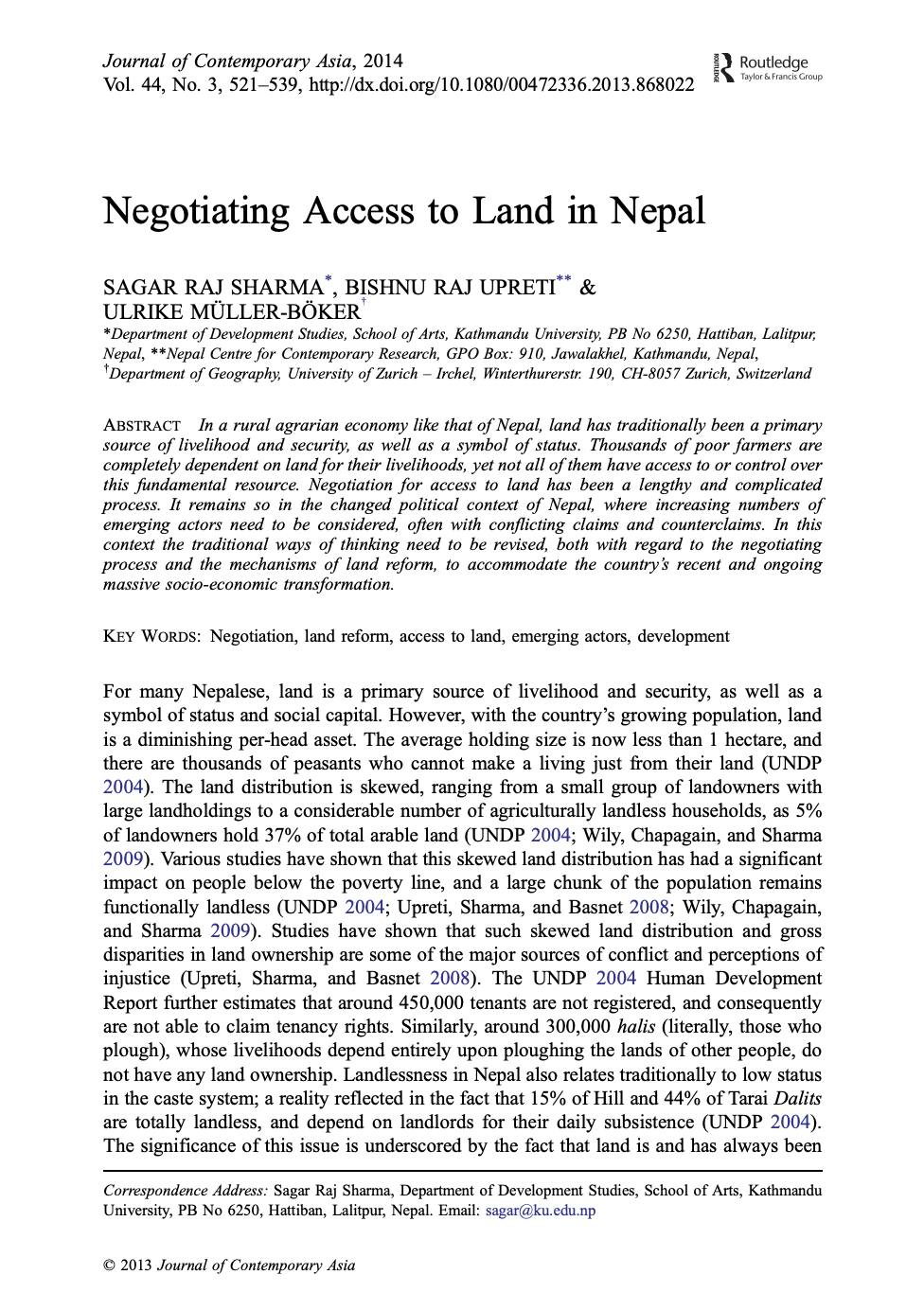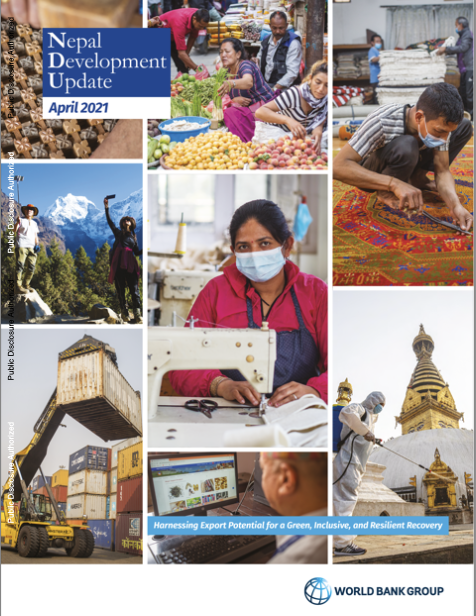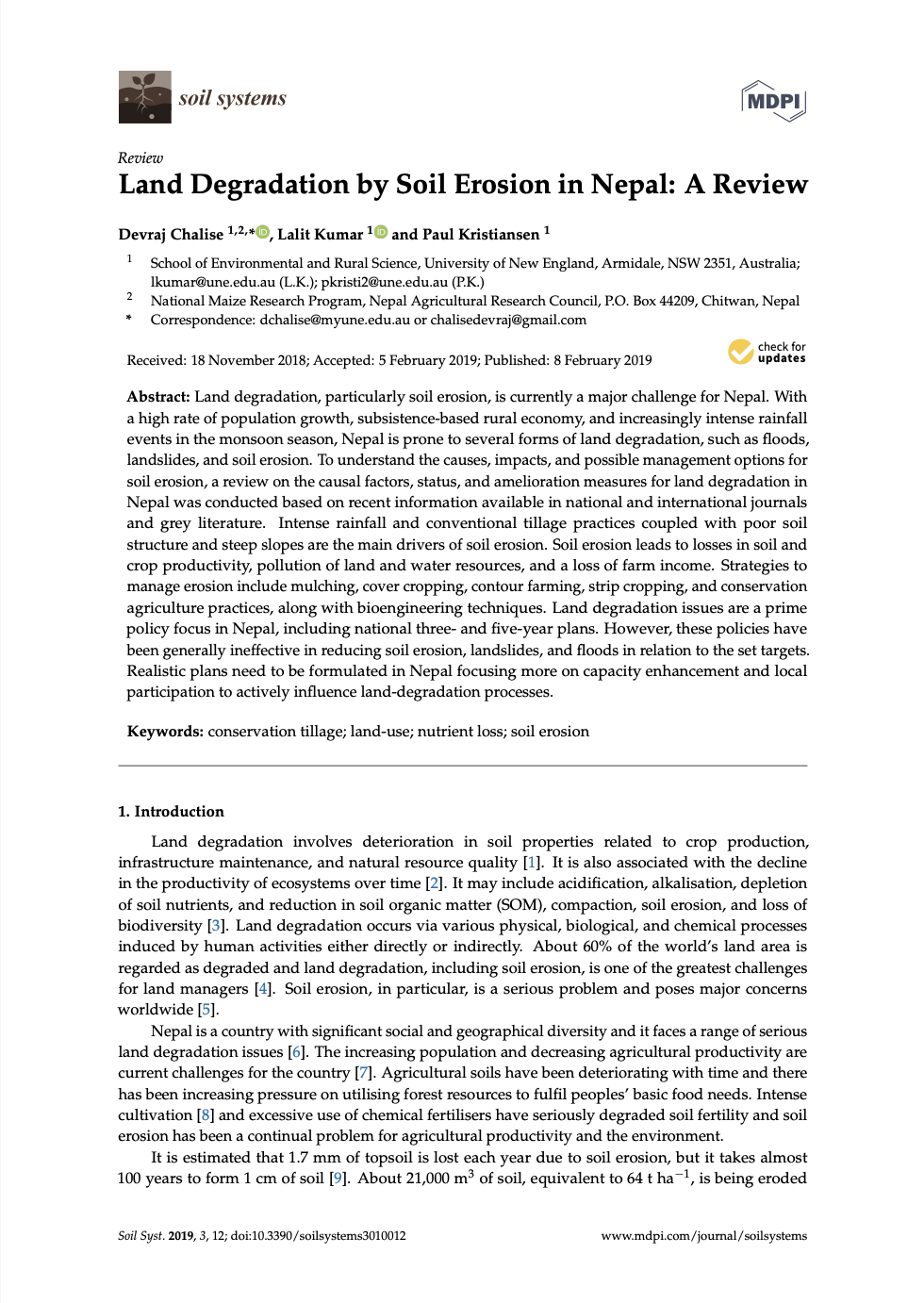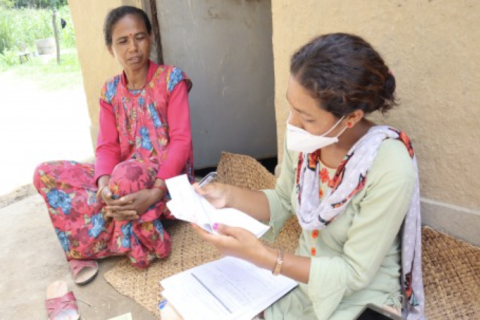
Topics and Regions
Daniel Hayward (UK) worked around Europe for 15 years as a dancer, choreographer and dance writer. Following retraining in sustainable development, he now works as an international development researcher, focused on land relations, agricultural value chains, gender, and migration. As well as working for Land Portal, Daniel is the project coordinator of the Mekong Land Research Forum at Chiang Mai University, and consultant for a variety of local and international NGOs and research institutes.
Details
Location
Contributions
Displaying 371 - 380 of 835Status of Land Tenure Security in Nepal
Land is a fundamental natural resource for living, an economic asset for production, legal entity with multiple rights over it and above all, a societal factor for self-actualization. So, ownership of land has multi-faceted understanding around the world. For the developing country like Nepal having diverse societal arrangements, land tenure system plays important role in economic, social and political structure.
Nepalese Journal on Geoinformatics
The Nepalese Journal of Geoinformatics is published annually. It is presently inactive.
Forum for Women, Law and Development
Forum for Women, Law and Development (FWLD) is an autonomous, non-profit, non-governmental organization established on May 29, 1995 for the protection, promotion and enjoyment of women’s rights, children’s rights, minorities’ rights and the rights of marginalized groups.
VISION
Forum for Women, Law and Development envisions a world where human rights are fully realized where social injustice and discrimination are eradicated, and where equality prevails.
Rural Women Development Centre
Rural Women Development Centre (Gramin Mahila Utthan Kendra) is a well-established NGO with the primary focus on education rights and socio-economic empowerment of marginalized and disadvantaged girls and women. It also aims to minimize various forms of injustice and prejudices by striving for an equal and a just society.
Negotiating Access to Land in Nepal
In a rural agrarian economy like that of Nepal, land has traditionally been a primary source of livelihood and security, as well as a symbol of status. Thousands of poor farmers are completely dependent on land for their livelihoods, yet not all of them have access to or control over this fundamental resource. Negotiation for access to land has been a lengthy and complicated process. It remains so in the changed political context of Nepal, where increasing numbers of emerging actors need to be considered, often with conflicting claims and counterclaims.
Journal of Contemporary Asia
JCA is an established refereed publication. It appeared quarterly from 1970 to 2016. From 2017, it has appeared 5 times a year.
Nepal Development Update : Harnessing Export Potential for a Green, Inclusive, and Resilient Recovery
The Nepal Development Update is produced annually with two main aims: to report on key economic developments over the preceding months, placing them in a longer term and global perspective; and to examine (in the Special Focus section) topics of particular policy significance. The Update is intended for a wide audience including policymakers, business leaders, the community of analysts and professionals engaged in economic debates, and the general public.
Land Degradation by Soil Erosion in Nepal: A Review
Land degradation, particularly soil erosion, is currently a major challenge for Nepal. With a high rate of population growth, subsistence-based rural economy, and increasingly intense rainfall events in the monsoon season, Nepal is prone to several forms of land degradation, such as floods, landslides, and soil erosion.
Helping indigenous communities secure land rights in Nepal
Written by Jagat Deuja and Rachel Knight for IIED and CSRC. Originally posted at: https://www.iied.org/helping-indigenous-communities-secure-land-rights-nepal
Main photo: Young 'social mobilisers' interviewed more than 2,700 landless or untenanted families and gathered the data that was needed for the government to register their tenure (Photo: copyright Kumar Thapa, CSRC)
Government launches 'Mero Kitta', NELIS
The government has launched 'Mero Kitta' and Nepal Land Information System (NELIS) in a bid to facilitate realty sector in the country.
The land details from across the country will now be stored in the central server, NELIS.
This will make it easier to access the service provided by the survey offices and get the details of revenue collection, the Department of Survey has stated.
Similarly, with the Mero Kitta (my land), which is an online platform, one can submit land revenue details and print the sketch of his/her plot of land.

